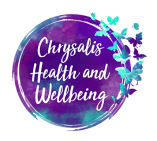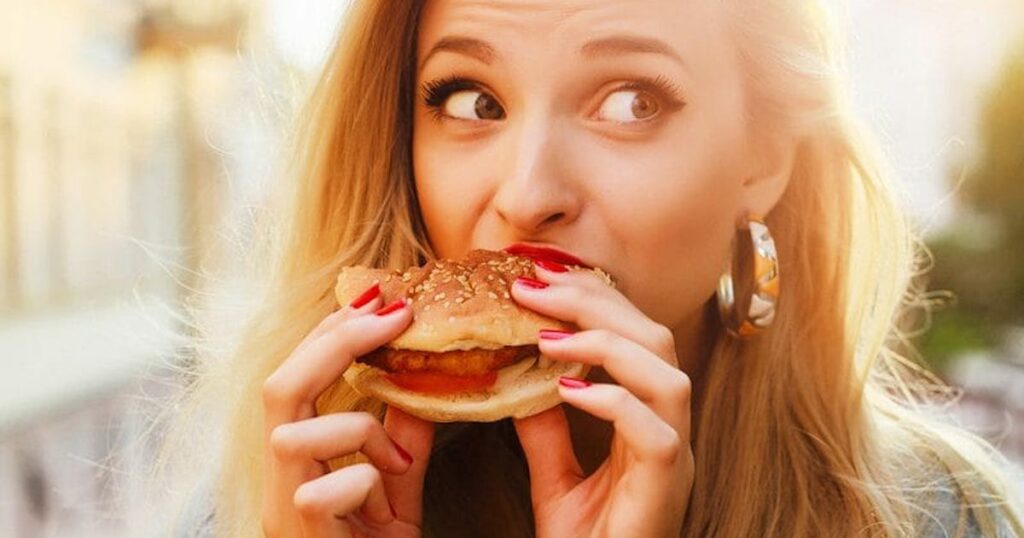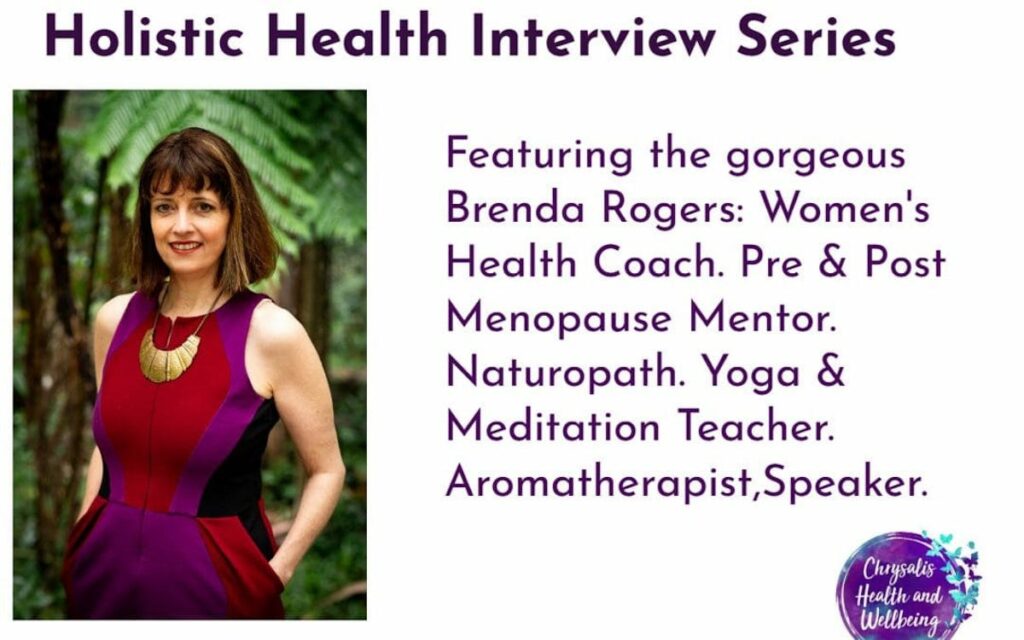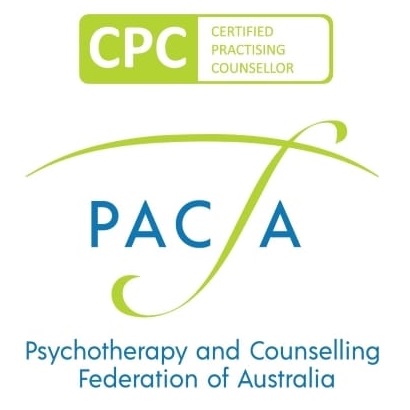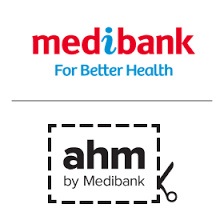Nutrition Confusion
One of the great things about living in this modern information age is the ability to find answers to just about anything nutrition-related with a couple of clicks. Sure, it might not all be factual and truthful, so it’s important to use the marvellous computer in our head to filter out the BS, and learn discernment about what is right for you. And no, that doesn’t mean deferring to Dr Google to self-diagnose!
What really annoys me, and what I want to discuss here, is the bewildering amount of contradictory messages about what food is ‘good’ for you and what is ‘bad’. Even with my background in nutrition and health, even I get frustrated and annoyed with the contradictions and extremes we seem to swing between.
What I hate the most is the sense of being made to feel guilty for eating the ‘wrong’ thing. So if the ‘experts’ keep changing their minds about food nutrition, then what’s the point, right? Here are a few of the big issues that rate high in irritation.
The Contradictions
Fats (and oils) are bad
This was a grossly misleading message, more prevalent about 20 years ago, but one that is slowly changing thankfully. Can you imagine cutting out avocadoes and eggs?! If we didn’t eat fats, we would never feel full, not be able to insulate heat and regulate our body temperature, nor protect our vital organs.
Fats and oils found naturally in food are vital nutrition. Any oils that have been heated, oxidised, extracted from plants and left on supermarket shelves for weeks and months on end are not recognised by the body, and are therefore toxic. These processed oils can cause many health issues.
Nutritious oils perform a myriad of vital functions, too numerous to mention here. And don’t start me on low-fat ‘diet’ foods which have since been shown to cause health issues. Quite simply, our bodies need fat!
Another misleading story is that fat causes cholesterol buildup. Cholesterol is made by our bodies as natural response to stress. There is research now that is starting to point to over-consumption of sugar potentially being the main culprit, as it creates inflammation. Inflammation is the start of disease. Dehydration also causes stress, so it’s important to keep hydrated with plain water, not sugary drinks!
Red wine is good/red wine is bad
At one point recently it seemed like each week there was new evidence pointing one way or the other. Spare me! The red wine benefit being referred to is the high level of antioxidant content in red wine (not found in white wine).
Wine is not the only substance that contains these healthful ingredients: there are many foods in their natural state that contain antioxidants and heart-protective nutrients. Remember that ultimately alcohol is a poison that our liver has to work hard to filter out of our blood, so it’s important to sensibly regulate how much we consume.
Our bodies tell us when we have over-indulged, right? For me, a glass of red wine feels quite nurturing on a cold winter’s day and I refuse to feel guilty for drinking it.
Just as we humans are made up of energy, so too is our food, and so are our emotions. Everything is interconnected. Guilt, fear and shame are valid emotions but they are a low energy vibration, so how do you think that affects your body when you associate what you’re eating with guilt or shame?
Carbs
Does this word just make you want to sigh in exasperation?? I have never understood this obsession and the extreme views people take: cut out carbs, don’t eat protein and carbs together, etc.
The only message about carbohydrate intake I take on board is eating less of it with my evening meal as we don’t burn as much energy at the end of the day. Our bodies need carbohydrate to function and create energy. Our brains runs on glucose alone. Glucose is a simple sugar broken down from carbohydrate. We have enzymes in our saliva to help break down carbs in our mouth, and we have enzymes in our stomachs for breaking down protein.
There are 2 types of carbohydrates:
Simple – which means the body breaks it down quickly into sugars. Examples: white food such as potato, rice, pasta, etc, of not great nutritional content. These are the carbs that really must be limited in order to lose weight. The liver will convert this into fat if not used and this fat will be stored on and around major organs. This is called visceral fat and can lead to health problems.
Complex – means that there are other micro-nutrients and fibre attached that the body can use. This means that the transit time through the gut is longer. Examples are wholemeal bread and pasta, sweet potatoes, pears (more-so than apples), quinoa, millet, and oats. Fibre is a really important component as it helps to ‘clean’ the gut walls as food passes through, and also helps good gut bacteria to flourish.
Supplements
I am a firm believer in the use of supplements. Through a combination of poorer soil quality and the ubiquity of low nutrient food, there is a lack of essential nutrients in the food we consume. The supplement industry is huge multi billion industry, and like any industry where there is money to be made, production can be done on the cheap, which results in a low-quality end product.
The market is saturated and it can be very confusing working out which brand to trust. Just because a brand can afford to use a high-profile sports person in their advertising does not necessarily mean their product is the best out there.
When I say I am a firm believer in the use of supplements, I don’t mean that I take them day after day for long periods of time. A good kinesiologist can help you work out what you are lacking and what your body actually needs, and in the correct dose. They can also help you to ascertain any allergies or intolerances you have to food and other materials in the environment.
What Is The Solution?
Your body is a highly intelligent integrated networked system. The odd packet of chips, indulgent dessert, or bottle of fizzy drink is not going to be the undoing of you. As I get older, I find I am much more intolerant to the guilt and fear tactics the media and society place on us, and have learned instead to place complete trust in my body’s innate intelligence to tell me what it wants.
Learn to listen to the messages your body sends you. Develop a deeper and intuitive connection with your body, and you will start to know what it needs. Then you won’t be quite so confused about all the external messages telling you how you should be living your life. Life is too short to be living someone else’s life!
If you are interested in knowing more about where you can source reliable, clean, high-absorbing supplements, get in touch with me at katek@chrysalishealthandwellbeing.com.au or my Facebook page, www.facebook.com/enlightenedhealth
About Kate
Kate is a counsellor and energy healer based in Sydney’s Hills District. She has identified a common thread amongst trauma sufferers; and that is that they appear to suffer from similar physical symptoms and ailments, along with a history of unresolved trauma of some description. These can have massive and devastating impact in all areas of a person’s life. Kate supports her clients on their healing journey in a holistic sense. This involves helping to process and resolve trauma in the body, help clients choose appropriate nutrition, and address lifestyle issues and old belief patterns that no longer serve them. Clients report feeling calmer, more in control, and with greater self-awareness able to make self-affirming life decisions from their core of inner knowing.
